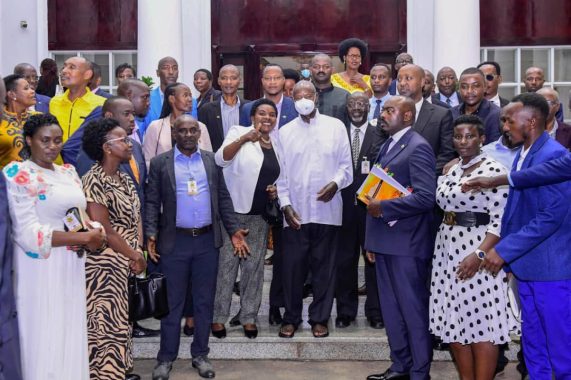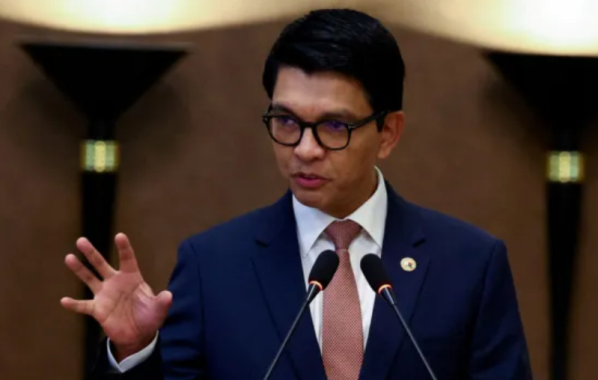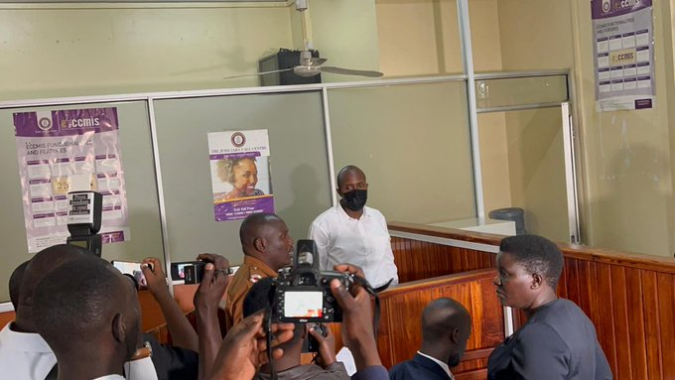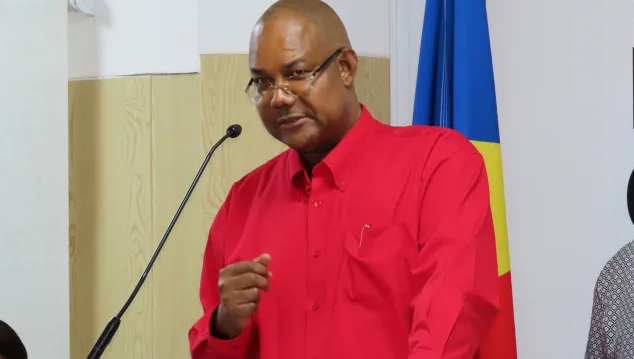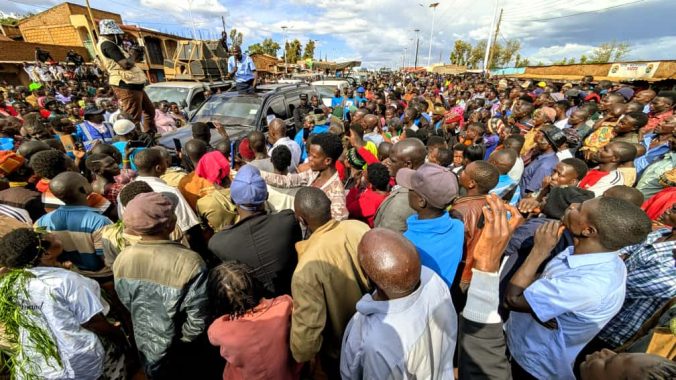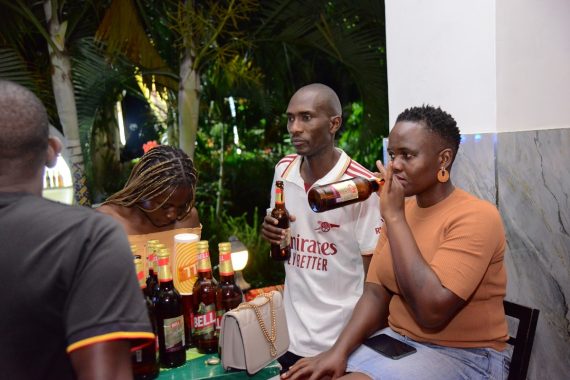President Yoweri Kaguta Museveni has issued a ground-breaking Executive Order that addresses the long-standing concerns of the Banyarwanda community in Uganda.
The new directive seeks to streamline passport applications, clarify citizenship issues, and ensure fair treatment for all Ugandans, regardless of ethnicity.
Amid rising complaints, particularly from Banyarwanda applicants, who have faced undue challenges when applying for identification documents, President Museveni stepped in.
“I have consistently received complaints regarding the mistreatment of citizens applying for passports. The concerned authorities or institution must also properly address themselves to the provision of the 1995 Constitution and the laws enacted regarding determination of citizenship or registration of persons. said Museveni in his directive.
With the President’s Executive Order, the government now mandates that citizenship is not up for dispute unless irrefutable evidence shows an applicant’s claims are false. This comes as a major win for Banyarwanda, who have often been unjustly questioned about their citizenship despite being born and raised in Uganda.
“Immigration officials should be mindful that citizenship by birth is inherent and not given by the immigration officers, and that there must be a presumption of citizenship, unless an immigration officer has cogent and reliable evidence that the information submitted by an applicant is not true.”
He adds “I have consistently received complaints regarding the manner in which people applying for passports are sometimes treated by the concerned authorities. This mainly relates to how the question of whether or not an applicant is a citizen of Uganda is approached, when he or she has applied for a passport. The issue of citizenship was resolved under Chapter 3 of the 1995 Constitution. It provides for the following types of citizenship; Citizenship by Birth, Citizenship by Registration and Citizenship by Naturalization.”
Under the new order, passport applicants will only need to provide their National Identification Number (NIN) and meet a few other legal requirements set by the Directorate of Citizenship and Immigration Control (DCIC). Immigration officers are now reminded that citizenship by birth is an inherent right ,one that can’t be arbitrarily denied.
“All administrative processes through which a person might be required to prove citizenship, especially by birth, must uphold the dignity of all persons and no requirement not provided for or contemplated under the law should be applied. Immigration officials should be mindful that citizenship by birth is inherent and not given by the immigration officers, and that there must be a presumption of citizenship, unless an immigration officer has cogent and reliable evidence that the information submitted by an applicant is not true.”he says
In a move that could reshape how the nation views its diverse communities, the President directed that no one, especially from marginalized communities like the Banyarwanda, should be subjected to unfair treatment or extra scrutiny during passport applications.
“It is not the mandate of the Directorate of Citizenship and Immigration Control to investigate citizenship by birth and should there be a question about the veracity of the information provided by an applicant for a Passport, who has indicated that they are a citizen by birth, DCIC should refer the matter to NIRA in accordance with the process prescribed under the Registration of Persons Act.”he asserts
Local authorities will now play a pivotal role in verifying applicants, including the involvement of community elders where necessary.
“If the applicant’s application is supported by a letter from the local authorities (and corroboration by notable elders, where necessary), the applicant should be promptly issued with a national identification card or passport.”
Similarly: “The documents required for the purpose of registering an applicant by NIRA are as prescribed in the relevant law. These are, birth certificate, voters’ card, driving permit, baptism certificate etc. where an applicant is unable to produce any of these documents, a relative of the applicant may identify the applicant under oath through statutory declaration as permitted under the law.”
Additionally, the law is set for an update that will address the anomaly regarding children born to citizens by birth and naturalization. This oversight, which has long affected Banyarwanda families, will soon be corrected to ensure all citizens enjoy the same rights.
“Presently, the law does not accord automatic citizenship to children of citizens by birth and by naturalization. A citizen produces a citizen. The Minister of Internal Affairs and the Attorney General are directed to immediately have this anomaly addressed.” He further asserts
The Executive Order sends a strong message to all government officials: Banyarwanda, like all Ugandans, deserve the right to live and travel freely, without unnecessary barriers to obtaining their identity documents.
“Every Ugandan citizen has a right to a passport or other travel document and to enter, leave and return to Uganda.”he notes
The Banyarwanda community, long struggling with these issues, now has hope that their rightful place in Ugandan society is secure and the door to a more inclusive Uganda has just been opened.
The Banyarwanda community in Uganda, recognized as an official tribe in the Ugandan constitution, has been facing significant challenges related to citizenship and identification. Despite their constitutional recognition, many Banyarwanda individuals encounter systemic discrimination when applying for essential documents such as national identification cards and passports.
A primary concern is the selective application of citizenship laws.
Frank Gashumba, Chairperson of the Council for Abavandimwe, highlighted that immigration officials often demand proof of lineage dating back to 1926, a requirement that is practically impossible for most Ugandans to fulfill. This stringent scrutiny has led to the denial of essential services, including access to bank accounts and medical treatment abroad.




